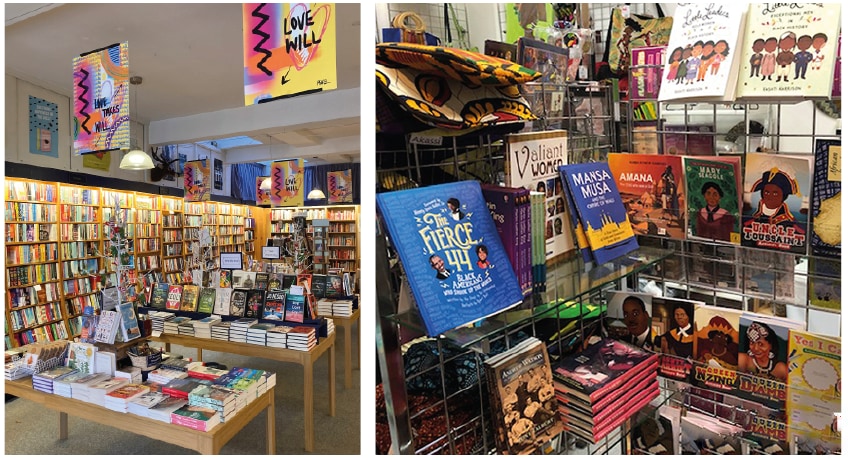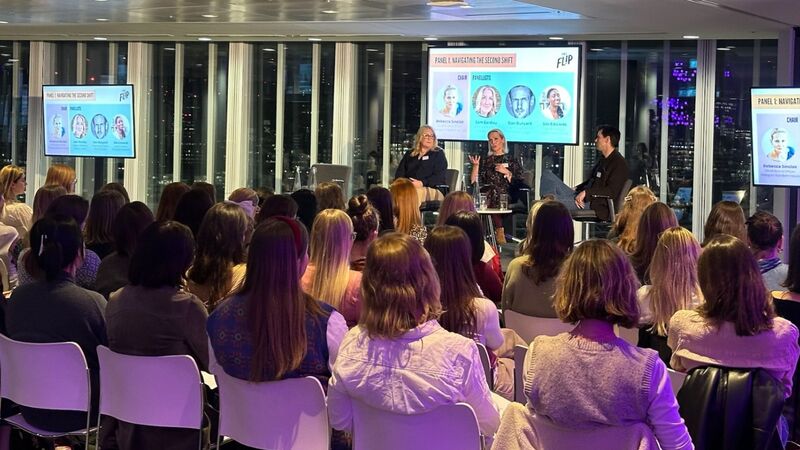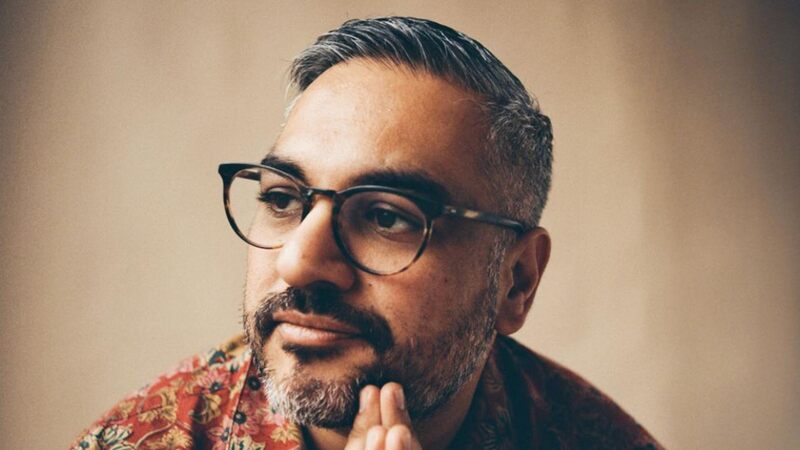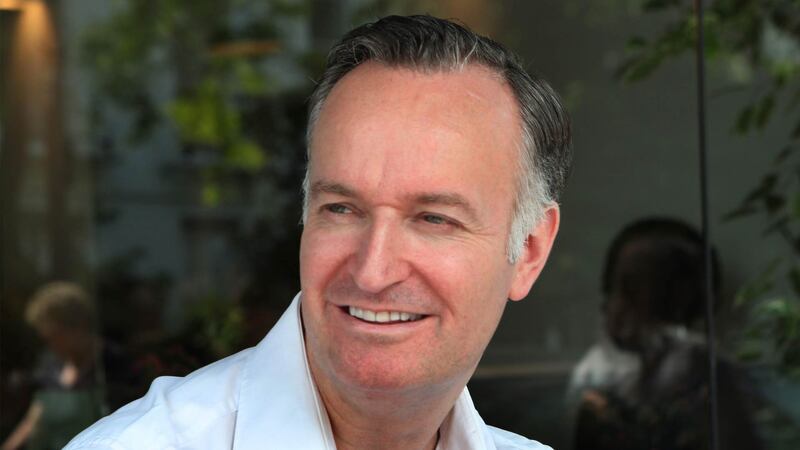You are viewing your 1 free article this month. Login to read more articles.
Black bookshop owners urge others to embrace the opportunity for change
Black bookshop owners are finding that their efforts are paying off by sharing stories and bringing communities closer together through their local store.
Carolynn Bain, founder and owner of Afrori Books, believes bookshops have the “opportunity to change the world—one book at a time, one person at a time”.
Speaking to me in vibrant technicolour via a WhatsApp video in this wonderful new asynchronous world we inhabit, Bain—who opened Afrori Books, the first Black-owned bookshop in Brighton, in October—explains that setting up shop during the pandemic was incredibly challenging. “I’m one person who decided to follow a crazy dream because I wanted to see equality. That’s a massive challenge, because while I strive for equality and a more level playing field for others, I’m still having to deal with life for myself, with everyday racism and all of the other things that go along with that,” she says.
While I strive for equality and a more level playing field for others, I’m still having to deal with life for myself, with everyday racism and all of the other things that go along with that
Afrori Books was initially an online-only retailer established in direct reaction to the outpouring of interest for books by Black authors and about anti-racism following the murder of George Floyd in the US, and the emergence of the Black Lives Matter (BLM) movement. “We were in the middle of a pandemic. There was a lot of trauma for me and for many other Black people in the midst of the world’s biggest civil rights campaign,” Bain says. “But we don’t dwell on that; we push through. We’re here, and that’s incredible. So, it’s been worth it.”
Fleur Sinclair, owner of Sevenoaks Bookshop in Kent, a Nibbie winner for Independent Bookshop of the Year 2021, says that the attention and support the shop received from new customers across the country during those early days of the BLM movement was “incredible” but it has “quietened down a lot since”, with the shop seeing a dramatic reduction in demand for anti-racism books in particular. “I have always stocked books by Black writers, even though before last year they sold in small numbers. The episode has given me far more confidence in what I stock and actively promote,” Sinclair says.
Valentina Alexander, owner of Birmingham-based book and gift shop MyBookbasket, agrees that there was a surge in interest in Black books and anti-racism resources last year following the BLM protests, but this has waned “significantly”. She adds: “Both the online and physical shops saw an increase in demand for adult books on racism awareness, Black history and cultural diversity, and a bigger take-up of a wide range of children’s books. Things have calmed down significantly from last year in terms of some of this, although as more people discover the shop, we find they get excited by what they see here.”
Bain was able to open the physical Afrori Books shop following a crowdfunding campaign that raised more than £10,000, and she has been heartened by the reaction to it: “Generally speaking, people are open to it. People coming into the bookshop love meeting somebody who is passionate about books—particularly about Black books—and injustice; that’s the constant feedback we get.”
Proving a point
The crowdfunding campaign did bring problems. Bain was targeted by “particularly horrible messages” when local newspapers covered plans to open the shop. “It was one of those situations where the people that didn’t want it to happen actually gave us the publicity that meant that it did happen,” she says. “Where we had negative comments on social media or on newspaper articles, our supporters got annoyed with that and donated more money because they wanted to prove a point.”
Now the shop has had its grand opening, Bain says: “We certainly haven’t had anything negative particularly—at least, not more than everyday negative stuff. From the crowdfunder we knew quite a few people in Brighton were behind the shop and wanted to see the shop happen. We’ve also had some contact with a few of the political parties in Brighton since opening, who are wanting to get involved and look at what it means to be a Black business and how they can support Black businesses in a better way.”
Alongside the everyday challenges of running a business—especially a new one—the three shops have also had to tackle the fallout from the Covid-19 pandemic, which has meant a loss of income and sometimes staff reductions. For Alexander, the decline in events taking place at The Legacy Centre of Excellence—Birmingham’s Black-owned hub for a number of creative enterprises and businesses, where MyBookbasket is based—has made a difference to footfall at the shop. It is also experiencing delays in the supply chain triggered by the pandemic, Brexit and shipping problems. But, she adds, staff are “determined to get the word out there and try to make things work”.
At Sevenoaks, Sinclair says she doesn’t think they have reached the peak of the supply chain problem. She says that publishers have been encouraging independents to stockpile books, although it isn’t always feasible for smaller shops, due to a lack of space and credit limits. “Every year, supply chain issues aside, it’s often an unexpected book—where the author makes a star turn appearance on the radio or TV—that is the one everyone suddenly wants and it becomes impossible to get,” she adds. “I am holding extra stock of certain books and it makes me feel uneasily like a chain-smoking gambler in a visor, imagining my stockroom more like the backroom of a pub than a bookshop!”
While Sinclair acknowledges that the past year and a half has been “exhausting and enormously challenging for everyone across all trades, from all walks of life”, she is proud of what she and her team have managed to achieve. “Pre-pandemic, I didn’t have a transactional website, my shop was half the size and we were only able to serve cafetières of coffee in our tiny café. I now have a website with daily web sales [that are ample] enough to create a specific role for an additional bookseller; a subscription service; gift boxes; a regular online book club; a shop twice its original size; and a new café with a fancy Italian coffee machine. The bookshop staff are now trained baristas as well as being expert booksellers.”
Trust your instincts
Sinclair, who took over running Sevenoaks Bookshop six years ago, advises fledgling bookshops to “be brave and trust your instincts”. She says that the indie bookshop trade thrives on individuality and making their offerings unique and personal, and that booksellers should not be afraid to try new things or do things differently. “Things are still so wildly unbalanced and unfair in favour of Amazon that we have to utilise the strengths it will never have. The independent bookshop community is amazingly—from outside the trade, we’re often told uniquely—collaborative and supportive. There will always be either the Booksellers Association or another bookseller to help with any nuts and bolts issues.”
Similarly, Alexander says: “To survive as an indie you need an ability to adapt and adjust to changing times and customer needs. We try to offer a unique service, not only by the eclectic range of items that we sell, but also in our level of customer service and the services that we supply online, such as workshops and competitions. You need to be able to reach your customer where they are, and that’s what we try to do.”
Sinclair, who is a judge for the New Futures programme, the scheme created by the Booksellers Association and Bookshop.org to help entrepreneurs from underrepresented communities across the UK launch their own bookshops, adds: “All I’ll say is that I know that my job makes my family proud of any entrepreneurial skills I’ve shown, but in particular, because they recognise the importance of getting books into people’s hands; sharing stories in the hope of bringing people and communities closer together.”














